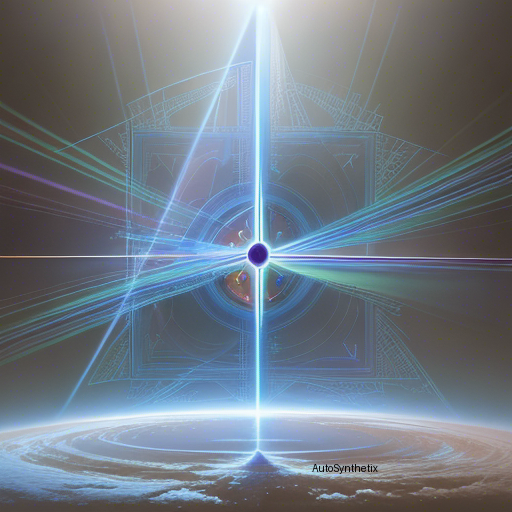Introduction
In today's fast-paced technological world, Artificial Intelligence (AI)'s evolution never ceases to astonish us. As researchers continue pushing boundaries within this realm, they often draw inspiration from seemingly disparate academic disciplines – one such instance being their exploration into mathematical logistics. This article delves into a recent arXiv publication shedding light upon 'Projectivity' and 'Uniform Post Interpolants', significantly impacting our understanding of both classical as well as intuitionist logical systems. Let's traverse through these concepts together while honoring the work of the original investigators who remain unsung heroes in illuminating these complex ideas.
Section I: Enter the Stage - Projectivity in Propositional Calculus
The term "projectivity" initially stems from the works of Stefano Ghilardi, a mathematician whose research focuses primarily on order structures. Within the context of formal logic, projectivity assumes significance when discussing how certain transformations affect proof structures or derivation sequences. To put it simply, if a specific transformation doesn’t alter the underlying truth value of a statement, then the system under scrutiny may indeed exhibit projectiveness.
This idea becomes pivotal once it interacts harmoniously with another concept known as ‘uniform post-interpolant’. Both notions together offer a fresh perspective towards analyzing various forms of deductively closed logical frameworks.
Section II: Meeting Point - Uniform Post Interpolant in Formal Reasoning Contexts
A uniform post-interpolant essentially serves as a bridge connecting two distinct statements within a given logical structure. Its primary function lies in ensuring consistency across diverse reasoning processes, thus making it an integral part of many advanced theorem provers. By establishing relationships amidst different assertions, a UPI plays a crucial role in maintaining coherence among myriad logical constructs.
Together, the duo of projectivity and UPIs prove instrumental in shaping our comprehension of classical logic systems. However, the journey does not stop there; let's now proceed further into unexplored territories called intuitionism...
Section III: Navigating Intuitionistic Terrain - Where Simplicity Yields Complexity
Although the enchanting harmony observed earlier persists even in the realms of intuitionistic logic, a slight dissonance creeps in due to inherent differences intrinsic to the latter system. Consequently, the notion of equivalency between projective substitutions and uniform post-interpolants no longer remains universal but rather confined exclusively to those expressions exhibiting a unique characteristic aptly described as 'Kripke Semantic Characterizations'.
However, despite this apparent complication, the researchers don't leave us hanging without any practical applications. They demonstrate how select extensions incorporating elements borrowed from intuitive logic can still maintain finite unifications, thereby preserving hope for future advancements in related domains.
Conclusion: An Ode to Adaptable Knowledge Boundaries
Diving deep into the labyrinthine depths of mathematical abstractions, this groundbreaking arXiv document provides readers a glimpse at the mesmerising symphony created out of contrasting yet complementary facets of classical versus intuitionistic logic systems. Through painstaking efforts, scientists have managed to establish new benchmarks in exploring unfamiliar terrains where conventional wisdom might fail miserably. These endeavors underscore the importance of adaptability, openness, and curiosity in scientific progress, driving home the message that knowledge has no predetermined limits other than what human ingenuity chooses to perceive them as.
Let us celebrate the tireless contributions made by the pioneers behind these discoveries, instilling faith in humanity's capacity to decipher nature's most elusive secrets, always keeping ourselves rooted in humility acknowledging the vast ocean of undiscovered wonders waiting ahead.|
Source arXiv: http://arxiv.org/abs/2403.19525v1
